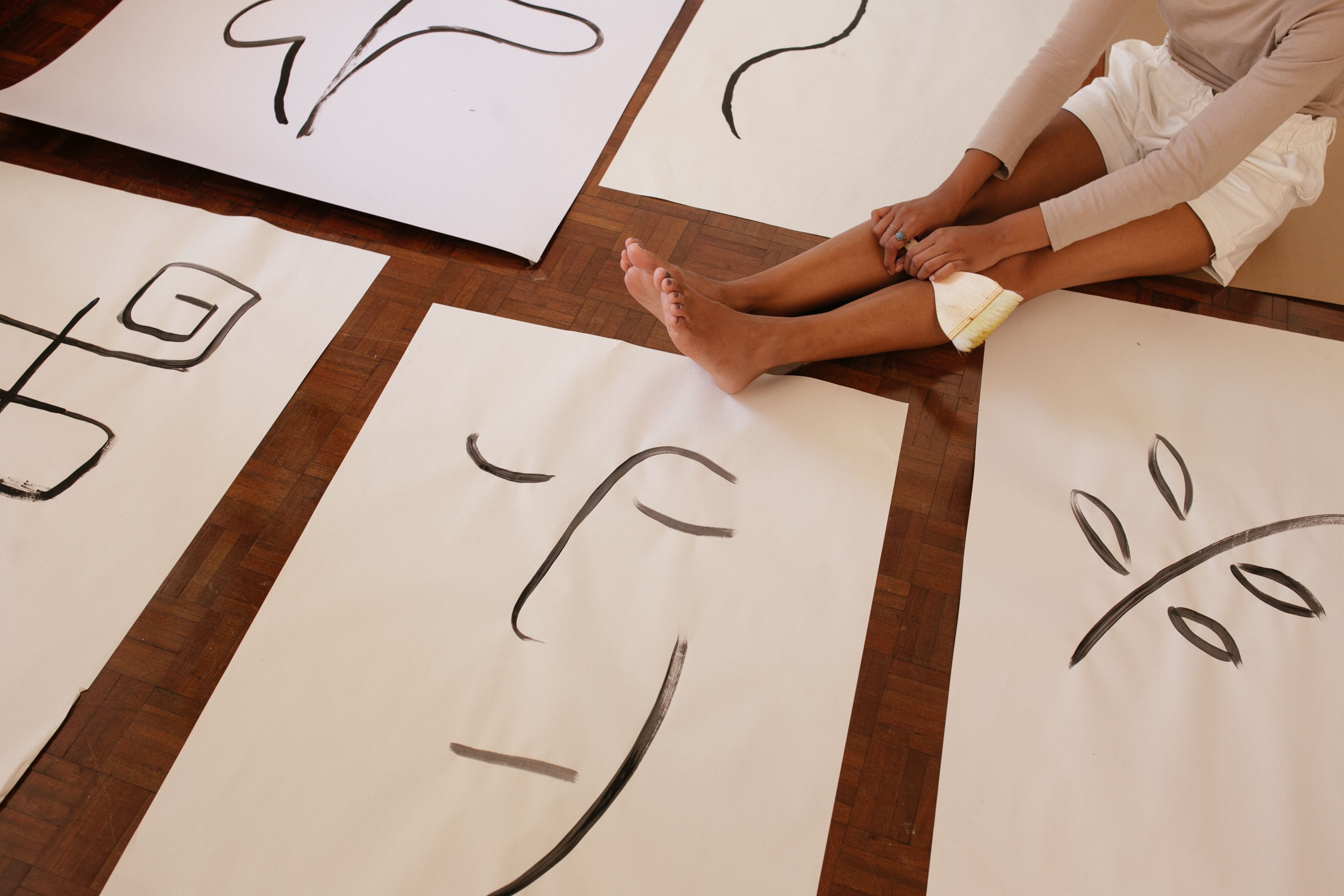
What is Rejection Therapy?
I filled out hundreds of applications during my senior year of college, all in the hopes of landing a job before graduation. It got to the point where finding a job became a job in itself. And one valuable lesson I learned during this period was that rejection was an unavoidable part of the real world.
I spent months second-guessing my abilities and wondered why my professional career was falling short before it even started. I felt so anxious sending out my resume, that I actually avoided applying to certain roles to spare myself the grief of facing yet another rejection.
Some people can brush these experiences off and keep it pushing. But others, like myself, tend to take rejection more personally. Why is that? Dr. Elisabeth Morray, Licensed Psychologist and VP of Clinical Operations at Alma, explains that it usually comes down to these three reasons:
- People may have experienced traumatic or intensely painful past experiences of rejection, making them especially sensitive to rejection.
- Some are just “wired” in a way that makes them intensely experience the emotional pain that comes with rejection.
- They’ve learned a rigid set of rules that requires them to be perfect or to seek constant approval.
Fear of rejection is natural, and people shouldn’t be ashamed of it. But rejection is a big part of life, and you may be doing yourself a disservice by actively avoiding it.
We’ll speak with Dr. Morray to better understand Rejection Therapy and dive into its benefits as well as who it’s best suited for.
What is Rejection Therapy
Rejection therapy began as a social self-help game where people actively seek out social rejection in an effort to better adapt to the stresses of rejection. The main rule is you must get rejected by another person at least once every day. If you’re curious, check out the game’s official rules by clicking here.
The foundation of rejection therapy was built on exposure to situations that our fear or anxiety would otherwise convince us to ignore. Clients and therapists may not realize it, but uncomfortable exposure is a common practice in most psychotherapy sessions. Therapists always encourage their clients to discuss and explore areas of their lives they may otherwise avoid and to engage in behaviors other than avoidance when faced with these feelings of anxiety. When clients put forth the work and effort, they can become more able to respond in flexible and workable ways, even in the presence of their anxieties. This ultimately leads to the client becoming more willing to face rejection.
Rejection Therapy Ideas
Actively seeking out rejection in your everyday life is likely a new concept for many people, so this list of ideas should jump start your journey of better handling rejection. Feel free to switch up these ideas to better suit your lifestyle. Also, some of these ideas are more about just putting yourself out there then it is about getting a possible rejection.
- Go to a bar/ social setting with a friend and hand them $50. Tell them they can’t give the money back to you until you’ve approached a stranger.
- Visit a store and ask to buy something they clearly don’t have. An example would be asking to buy a sofa at a restaurant or something similar.
- Ask for a discount or even for free food at a restaurant.
- Approach a random stranger and ask them for $100.
- When at a supermarket or department store, ask an employee if you can make an announcement on the intercom.
- Attend a class for an activity or hobby that you’ve always had your eyes on. This could be a dance class, an Italian cooking class, a runner’s meetup, etc.
Who Should Consider Rejection Therapy
Anyone who’s genuinely interested in expanding their comfort zones, pushing themselves to take more risks, and becoming more vulnerable, can benefit from rejection therapy. In addition, if your anxiety around rejection significantly inhibits your social life or any other area of your life, seeking help from a mental health professional may be necessary.
“The risk of going it alone is that, without the support of someone who understands how to approach exposure therapy in healthy and responsible ways, pushing yourself head-first into the kinds of situations you fear can actually be traumatic in ways that will increase your fears, rather than reducing them,” says Dr. Morray. “ejection therapy may do more harm than good for people who need appropriate support and resources in order to have a therapeutic, rather than traumatic, experience of being vulnerable to the pain of rejection.”
The Cost of Avoiding Rejection
Avoiding rejection comes at a cost, it can make our lives very narrow and limit our choices. The innate urge to pursue things you care about in life may become overshadowed by your desire to avoid rejection. Rejection anxiety may ultimately limit our ability to function properly in different facets of our lives (personal/ professional relationships, negatively impacting the way we view ourselves, etc.) This can progress into an anxiety disorder that typically requires professional help.
Returning to my example of searching for a job during college, my anxiety of not knowing whether or not I’d get a call back eventually led to me not applying to certain roles altogether. As you could imagine, I may have lost out on opportunities due to my anxiety tied to rejection.
Next Steps
Don’t let your inhibitions stop you from living your best life.
A mental health professional can help you navigate these troubling emotions and offer best practices to better approach the situation. If you’re unsure where to find a therapist to best serve your needs, check out Alma’s provider directory for more information. With Alma, you can submit free consultation requests and find a clinician that accepts your insurance.
Apr 12, 2023

Looking for a therapist?
Get tips on finding a therapist who gets you.
By submitting this form, you are agreeing to Alma's privacy policy.




